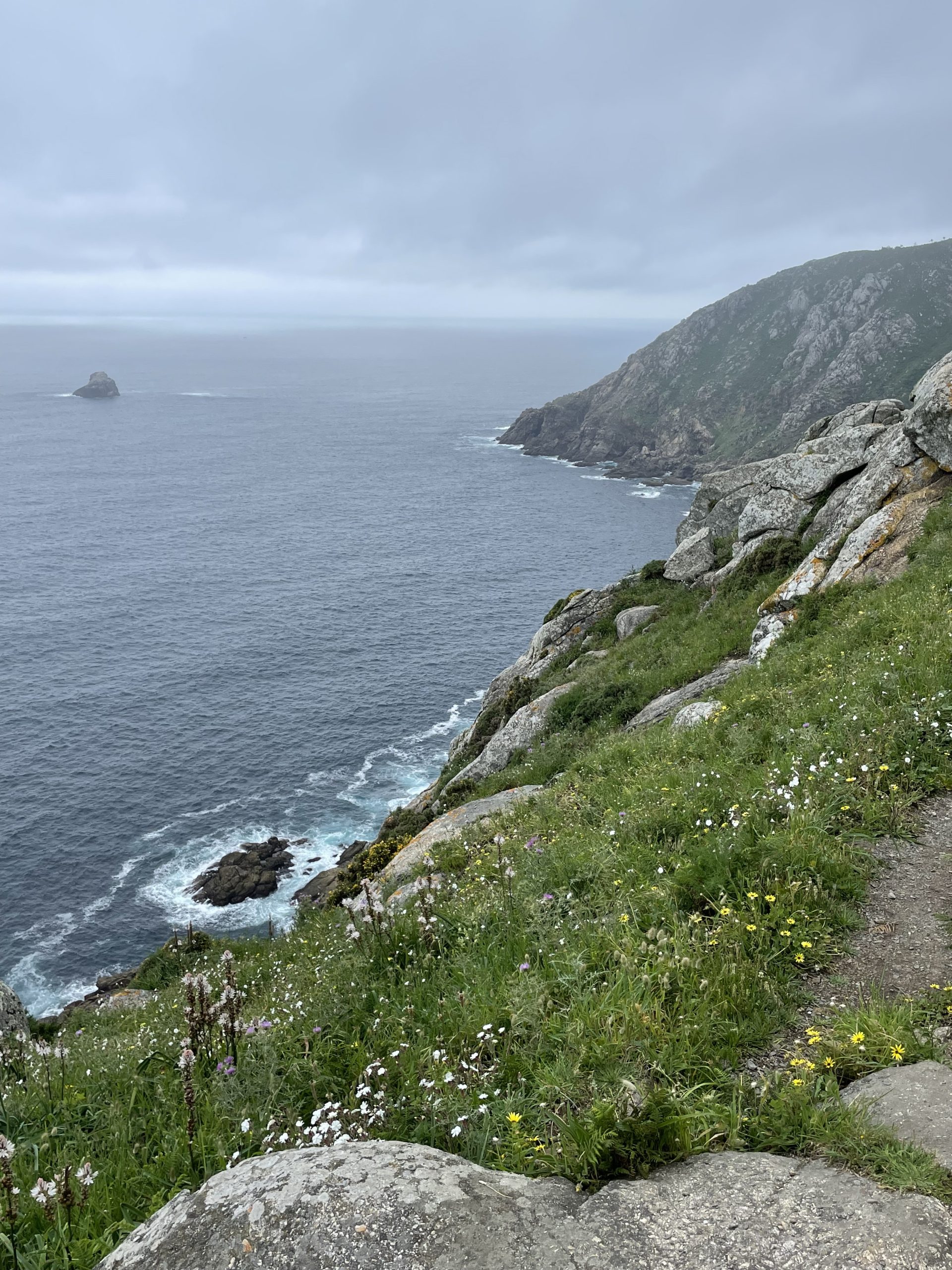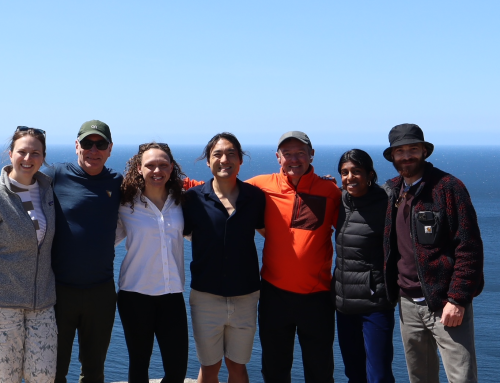Vocation is the place where our deep gladness meets the world’s deep need.
Frederick Beuchner
Calling: A strong desire or feeling of duty to do a particular job, especially one in which you help other people.
Oxford English Dictionary
Many physicians and other health professionals refer to their career choice as a calling. The explanations and the understandings of what they mean by this calling vary. Among some, these include expressions of the aspiration to serve- individuals, their communities, and even more ambitiously the world, intrinsically positive aspects of calling. Other explanations take the form of a question that goes something like this: Of course it’s a calling. Why else would I sacrifice all those years of intense training, and put off the gratification of career benefits, if it wasn’t a calling? and with this response they are expressing perhaps intrinsically negative, or at best mixed aspects of calling.
And then there are those who react, as discussed in Dr. Lisa Rosenbaum’s recent article in the New England Journal of Medicine: On Calling: From Privileged Professionals to Cogs of Capitalism, that medicine is as much a calling as most any kind of work, and pointing out that using the term calling can be a way of suppressing health professionals and pressuring them to accept poor working conditions. This category of responses would likely be described as negative or even combative. For individual health professionals working within the current dysfunctional healthcare system, and the secular trends across the culture redefining the role of work in a meaningful life, some currently argue that medicine is just a job, and shouldn’t be reified beyond that descriptor. Dr. Rosenbaum goes on to ask a central question: Has medical training been so stripped of meaning that the only natural response is to see it as a job? Or when you treat medicine like a job, does it become one?
We can look toward the wisdom of classical western philosophy as well as insights from the contemplative traditions for guidance in this discussion. Upon examination of Socrates’ famous statement-The unexamined life is not worth living – and, if we are to assume that Socrates is correct, not only do we understand that a life worth living will be a meaningful one, but we also understand that the meaning of life involves reflection, including reflection about one’s own self. The Stoic philosophers point out that a meaningful life is not just a flourishing life, but an ethical one requiring among other things a recognition that one is not an isolated atom disconnected from other people.
Likewise, the meditative traditions teach us that meaning emerges from connection or joining with others and touching the field of being, understanding that everything in life is interdependent and constantly co-arising. The truth of suffering, it’s existence and our commitment to turn towards it and investigate it, leads us to meaning that arises from how we respond to suffering. The 20th century physician Victor Frankl, the author of Man’s Search for Meaning, contends that even the search itself for meaning amidst suffering constitutes a potential solution to human suffering.
Notwithstanding the important questions posed by the article in the NEJM, my experiences of a career in medicine and medical education, relationships with colleagues, mentors, administrators, and other healthcare staff have only solidified my belief that a career in medicine is a calling. I believe that the people in it are called to engage in the work of helping others, and I believe that their work is not disconnected from others, that they act out of their awareness of interdependence, and they find meaning in their relationship to the presence of suffering. And all these aspects of calling are experienced through their care of patients. Also, when separated from the noise of all the factors contributing to health professional burnout (and I am not discounting the effect size of the noise), these committed health professionals meet deep need with deep gladness.
I don’t think I am out of touch with the rising generation of physicians and health professionals either. For the past four years I have been producing a documentary film called The Healer’s Journey, following the early professional identity formation of a group of medical students who will be graduating in a few months. Their dedication, integrity, sense of the larger and complex contexts of life, intellectual curiosity, advocacy, and always patient centeredness have most impressed me. I know I will be in good hands in the future, when my deep needs are met by their deep gladness.
References:
Rosenbaum L. On Calling – From Privileged Professionals to Cogs of Capitalism? N Engl J Med. 2024 Feb 1;390(5):471-475. doi: 10.1056/NEJMms2308226. Epub 2024 Jan 10. PMID: 38197811.






Leave A Comment